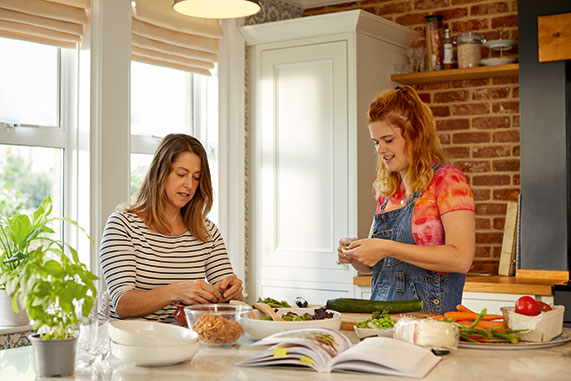Your pension in your pocket
Our app makes it easy to keep an eye on your pension and plan for the future.

You may have opened your plan through an independent financial adviser, in one of our branches or through a direct campaign.
You are still able to manage your products here, including making additional investments into your plan.
Here we explain:
We hope you found this useful, for details about our other products go back to your options